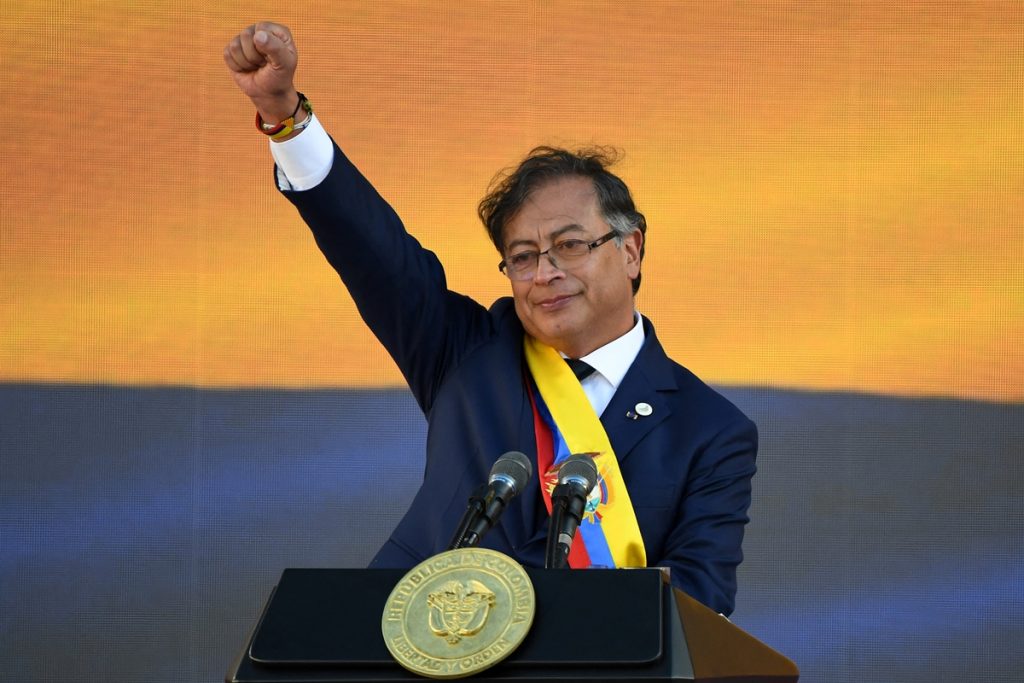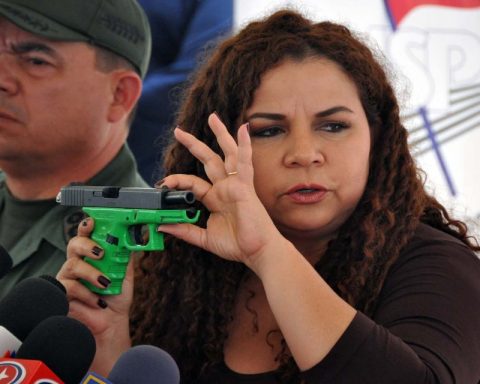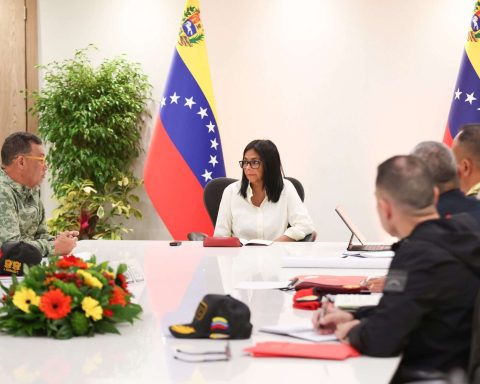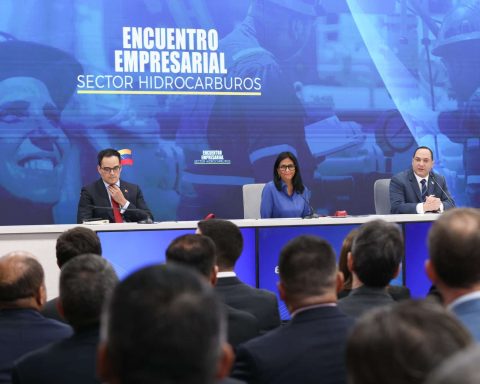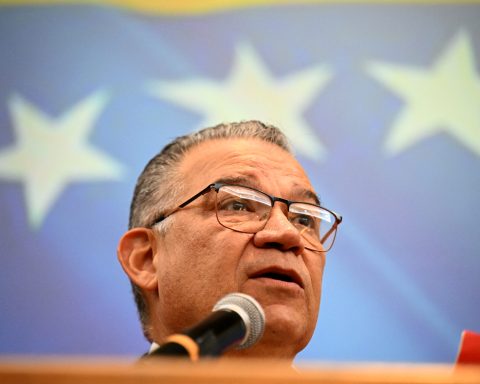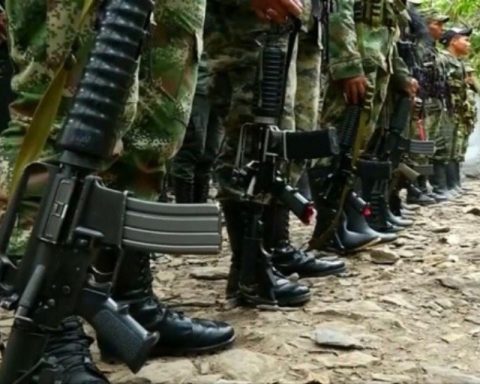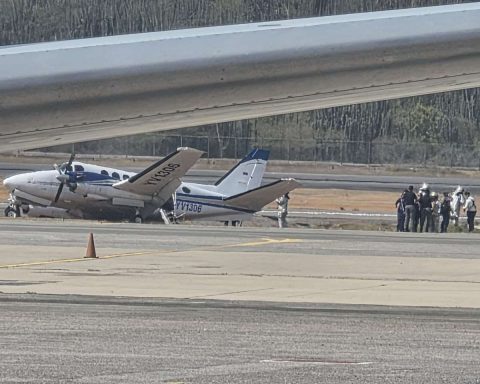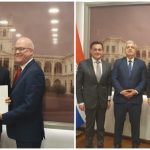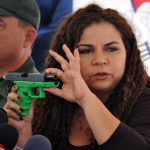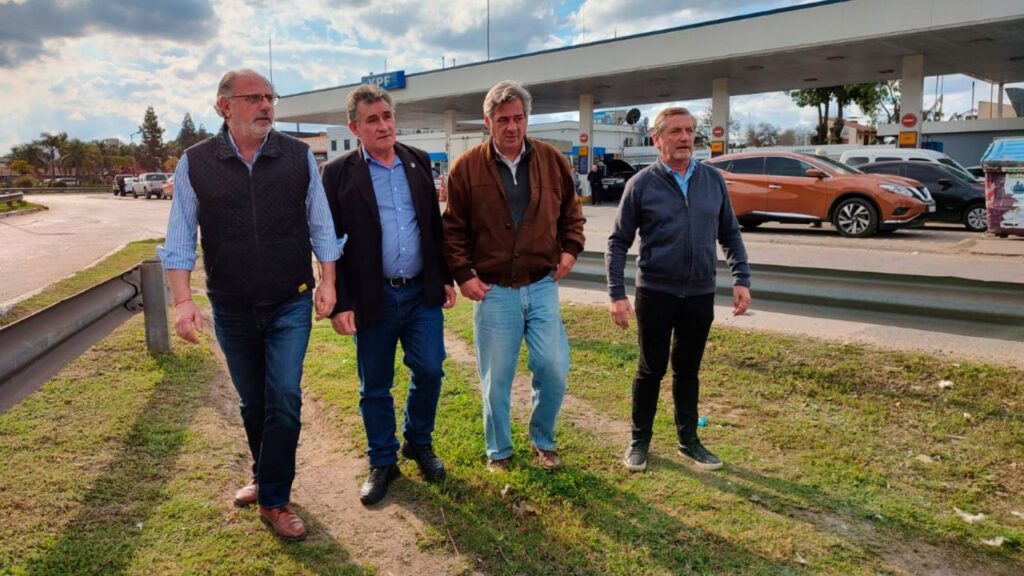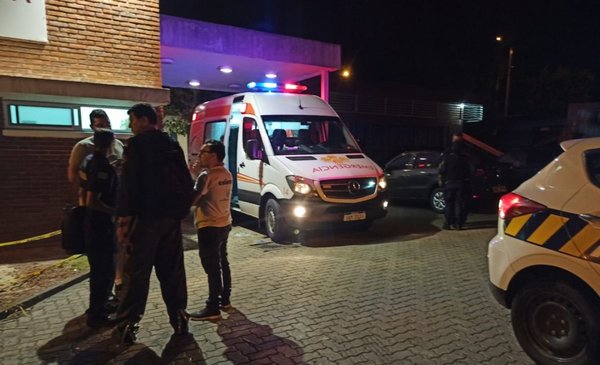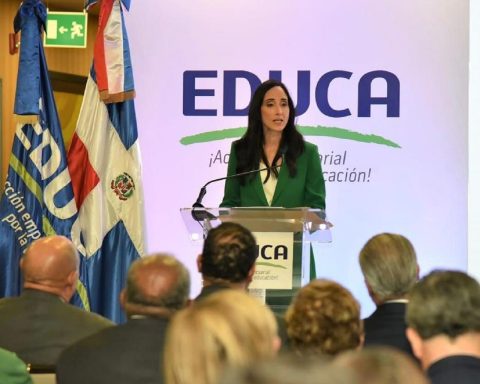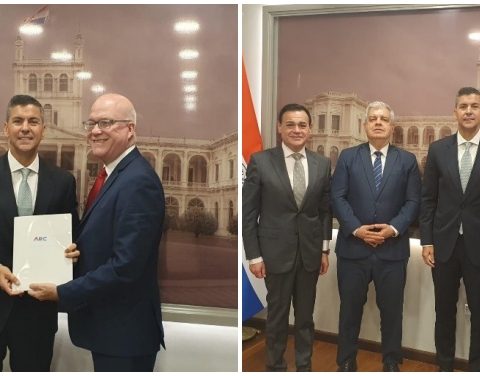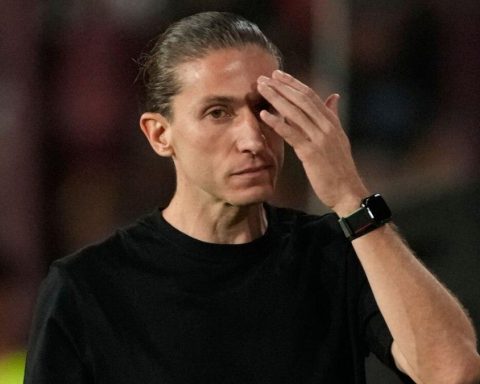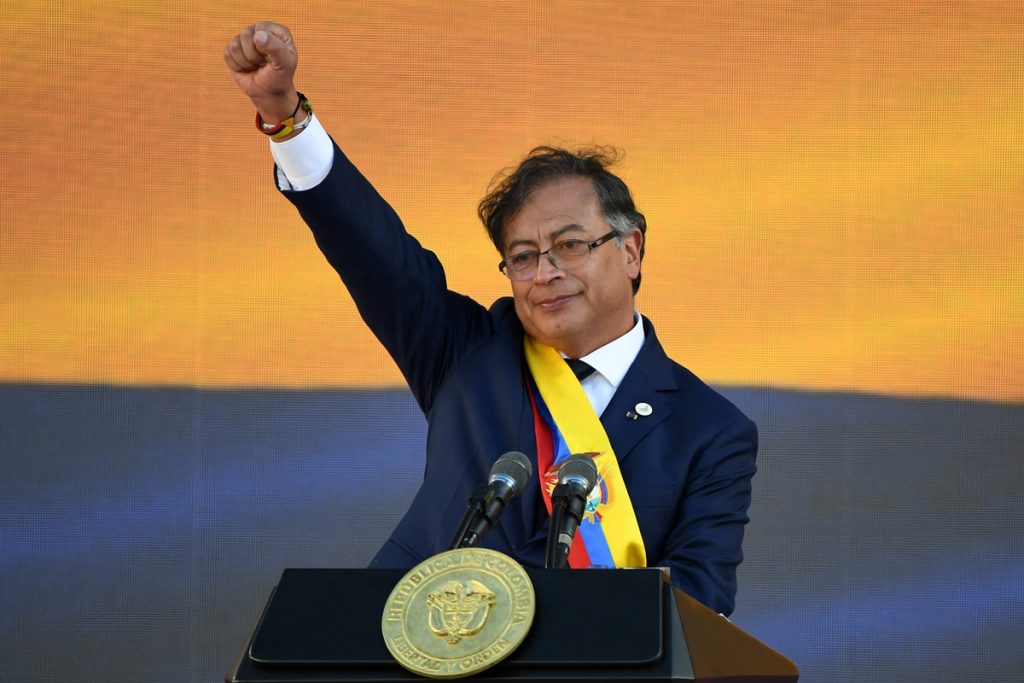
The regimes of Cuba, Venezuela, Bolivia and Nicaragua have as a characteristic the legitimization of drug trafficking that they present as “anti-imperialism” and “the need to end the failed war on drugs”, a strategy with which they try to cover up the narco-states they have turned into the countries they control. Castro from Cuba made drug trafficking an “anti-imperialist weapon”, Chavez from Venezuela ordered “to fight the United States by flooding it with cocaine”. Morales on behalf of Bolivia proposed it at the United Nations. In his inauguration as president of Colombia, Gustavo Petro has repeated it, it is an attack that protects drug trafficking.
Drug trafficking is a global crime covered by the 1961 Single Convention on Narcotic Drugs as amended by the 1972 Protocol Amending the 1961 Single Convention on Narcotic Drugs, the 1971 Convention on Psychotropic Substances and the United Nations Convention against Illicit Traffic in Drugs. Narcotic Drugs and Psychotropic Substances of 1988 and the Palermo Convention against Transnational Organized Crime.
It is stated that the United States is the main consumer, but the 2017 report shows that drug trafficking aggression is global: Albania 2.5%, Scotland 2.34%, United States 2.3%, England and Wales 2, 25%, Spain 2.2%, Australia, 2.1%, Uruguay 1.8%, Chile 1.73%. The United Nations Office on Drugs and Crime in its World Drug Report 2022 indicates: “Data suggest that cocaine trafficking is expanding to other regions outside of the main markets of North America and Europe, with increasing levels of traffic to Africa and Asia.
Narco-state is “an economic and political neologism that is applied to countries whose political institutions are significantly influenced by the power and wealth of drug trafficking, whose leaders simultaneously hold positions as government officials and members of drug trafficking networks. illegal, protected by their legal powers”.
Cuba, Venezuela, Bolivia and Nicaragua are narco-states. This is proven by public and notorious facts and in the case of Cuba, history points to it as the first narco-state in the Americas, since the association of the Castros with drug traffickers Pablo Escobar and Roberto Suárez in the 1980s, which pretended to be covered up with the shooting of the operators and errands of the dictatorship General Arnaldo Ochoa and Colonel Antonio de la Guardia.
Cuba is a narco-state in the 21st century in association with Hugo Chávez and control over the dictatorship operated by Nicolás Maduro, convicted of international justice “Cartel de los Soles”, with a reward of 15 million dollars for his capture. The Cuban dictatorship is a cocaine dispatcher, as evidenced by the seizure of “401 kilos of cocaine from Cuba and destined for Belgium in Colón, camouflaged between tanks with cane syrup” in April 2016, “the 1,517 packets of cocaine seized in Panama” in May 2019 and more.
The narco-state of Venezuela proves the “political use of drug trafficking against democracies”, as evidenced by the report sent in September 2019 by the United States justice to the National Court of Spain in the process against the former head of Venezuelan Military Intelligence Hugo Carvajal “alias el Pollo” which details how Hugo Chávez met in 2005 at his official residence the country’s intelligence officials to order them to “fight the United States by flooding it with cocaine” and “Chávez ordered them”, immediately afterwards, to “coordinate” with the Colombian guerrilla of the FARC to carry out the plan”.
Evo Morales is head for life of the federations of illegal coca growers and cocaine producers who became head of state in Bolivia through Chávez and Castro and immediately established the plurinational narco-state. In April 2016 at the United Nations, in his 883 speech, “Evo Morales asked to dissolve the DEA, after raising the failure of the anti-drug fight.” With the support of Cuba, Venezuela and Nicaragua, he repeated that “the fight against drug trafficking is an instrument of imperialism to oppress the peoples” and called for a “UN resolution” to “end the DEA and the fight against drug trafficking.” .
Now Gustavo Petro as president proposes “to end the failed war on drugs in the world and move to a policy of strong prevention of consumption in developed countries.” As part of Castrochavism, he assumes the dangerous position that could transform Colombia into a narco-state, ignoring that the “anti-narcotics policy” -which he calls war- encompasses “prevention, eradication of illegal crops, interdiction and alternative development”, and that consumption grows in the third world, especially in drug producers like Colombia and Bolivia.
Article published in Infobae.com
